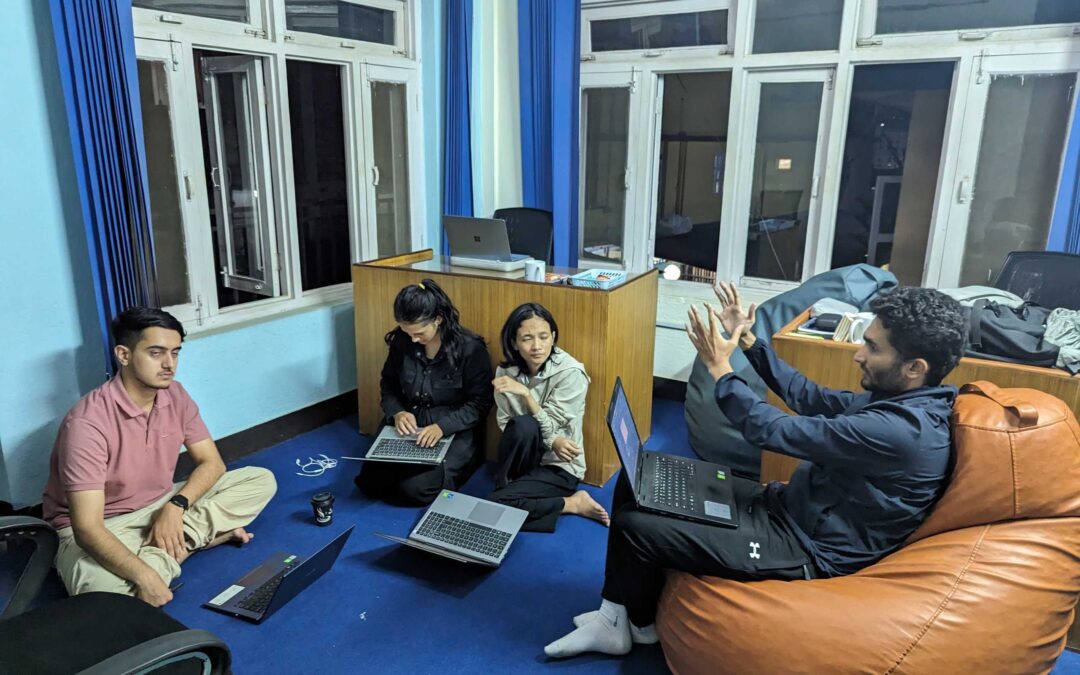Our week commenced with the successful completion of last week’s task related to GIS.
Afterward, we dedicated some time to gaining a deeper understanding of APIs. This week was primarily focused on API learning, encompassing repository patterns and DTOs, which were effectively implemented in our API controllers. The implementation of repository patterns and DTOs proved to be both fascinating and highly beneficial, as they significantly improved backend efficiency and streamlined the update process.
During this sprint, we were assigned to our respective teams. Due to the small size of our team, we had the opportunity to forge strong bonds and develop a profound understanding of each team member on a micro level. Working together towards a common goal brought us even closer as teammates. The collaboration within our team has been outstanding, with each member contributing a unique set of talents that enhances the overall competence of the team.
Throughout our two weeks of working together as a team, we discovered that our similarities extend beyond just our skills – we share fundamental values and perspectives. This realization deepened our empathy when we learned about the issues related to blood banking and blood transfusion in rural Rukum.
While we haven’t had the opportunity for face-to-face interactions with our community partners, we dedicated ourselves to researching the existing problems in rural Rukum. We delved into numerous documents and news articles to gain insights into the region’s topography, its people, and our community partners HDCS and CHR.
During our research, we stumbled upon a news article that recounted a distressing incident at Chaurajhari Hospital in Rukum, where a doctor donated blood to a pregnant woman and then performed her surgery himself. This revelation deeply affected us, highlighting the dire situations that persist in certain parts of our country.
However, what brought us relief was the realization that we could apply the skills we had acquired to address this situation. Knowing that we were contributing to the community in a meaningful way filled us with immense pride and happiness. We understood that our work and knowledge were making a tangible impact, positively affecting people’s lives by solving real world problems. This realization significantly boosted our motivation and dedication to the project.
At the end of the sprint, we had a playback session. Playback served as an opportunity for us to connect with our overseas team. Despite each of us being quite extroverted, we occasionally struggled to fully express ourselves in the English language. Nevertheless, we remain determined to overcome language barriers and other challenges as a team.
Moreover, this playback session was particularly interesting because it allowed us to learn about the projects of teams from Canada and gain insight into their project vision. It was a delightful experience to check on their progress and share our own.
In summary, this sprint was characterized by successful task completion, a deepening bond within our team, a strong commitment to addressing critical issues in rural Rukum, and a sense of pride in our ability to make a positive impact on people’s lives. The playback session added an extra layer of excitement as we learned about other teams’ projects and shared our own journey.

